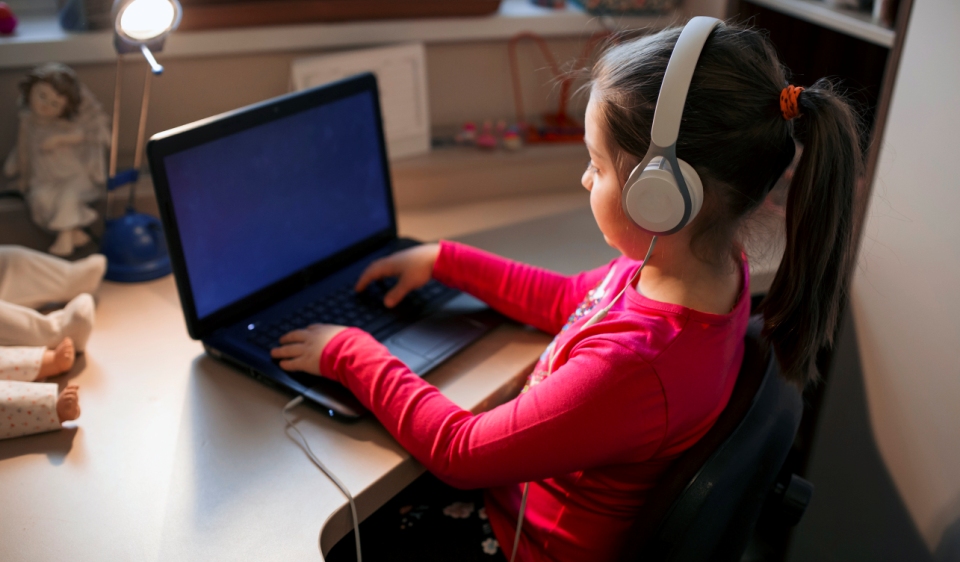There has always been a debate on how much screen-time children should be allowed. But now since everything has become online, kids are bound to spend more time on the screen. Due to the coronavirus, the entire education system has been affected and has switched to e-learning for academics. With so much uncertainty and unrest surrounding the virus, the schools and colleges have shut down keeping in mind the safety of the students.
With many children are unable to go to school, classes online in some cases means at least 10 times as much screen time as before, most of which is unavoidable. In a pre pandemic world, kids stayed outdoors, played with their friends in the evening and had plenty of physical activity like walking to the school bus, attending sports coaching and cycling around the society compound. However post-pandemic playgrounds, coaching, classes etc. are shut and social distancing is mandatory norm for our collective physical health. However, there are plenty of raised questions about the mental health of both adults and children getting most of his social interaction through a screen. Parents are rightfully concerned about this behavioral shift in kids and as studies suggest, if the parent is inactive, the child is most likely to follow the same footsteps.
We all are aware of the importance of parental guidance in a child’s life and as there are many many unanswered questions regarding their digital diet, here are a few tips on how to manage a child’s screen time:
Establish a routine
The importance of a timetable has been vouched by many successful people. It bifurcates their tasks and also helps develop a sense of responsibility and efficiency. Set a schedule for kids which includes their online classes, leisure time, family time and some minimal outdoor activities. This way, children won’t be mindlessly glued to the screen. But also include a lot of family bonding time which is of utmost importance during a difficult time such as the current pandemic.
Space out their E-Learning zone
Create a separate space from where they log in to their classes. Make the atmosphere of their study place peaceful. A quiet space to study is beneficial for a child to pay attention during classes. The place should ideally be where the internet connectivity is good and the lighting of the room should be adequate. Try to limit screen time for the child to this spot only.

Have screen-free zones
Outside their online lectures, manage your child’s screen time to the bare minimum. Make them connect with the outside reality rather than them being glued to the virtual world. They could pick up a new skill like painting, music or reading. Invest in a few quality paperback books, to really activate their imagination. Or maybe you can rope them in to help in the kitchen, while making some fun new recipes, especially their favourite ones.
Monitor online consumption
Be besides them during their classes. Assist them if there are any technical faults because it may just cause panic for them amidst the online classes. The internet is a very unpredictable place where it can work as a boon and bane. Their privacy and protection is at stake with unmonitored access to the internet. Restrict their usage to kid-friendly content which makes them feel comfortable and secured. There are several parental control softwares such as QuStudio and Kid Logger. Do a bit of research before you try one of them out.
Family time
The pandemic has enforced families to spend time together more than ever. With the virus still being a big concern, parents and kids refrain from venturing out. Use this to have wholesome memories together. It could be playing a board game, watching a movie together, have a conversation and talk about each other's day etc. With this, the child finds a sense of solace within their parents which result in peace and harmony. Not to forget, it improves the overall bonding within the family.
The changes in our lives and routines have to be addressed. This includes an increase in the digital diet of the child. Parents will need to find new ways and develop new routines in order to connect with their child and keep them mental sound and their mental and digital diet healthy!

